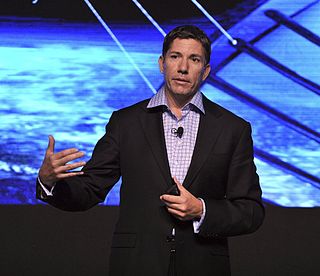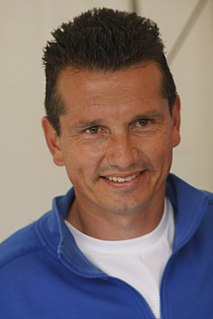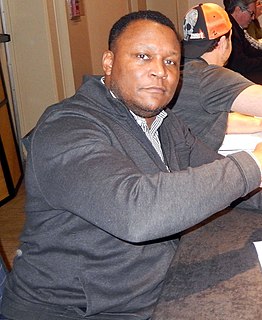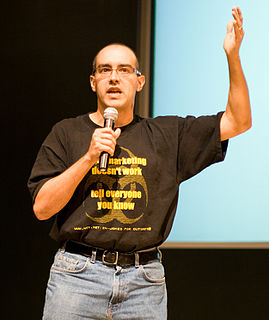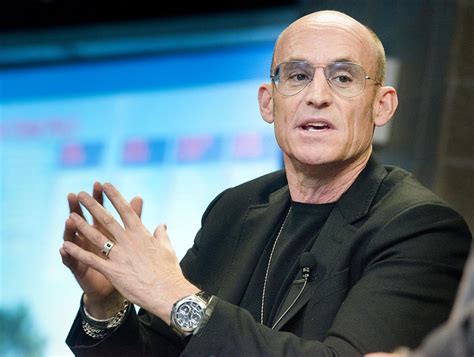A Quote by Alex Berenson
At the end of 2000, most investors were optimistic that a return to quick gains could not be far off.
Related Quotes
It's curious that the Church has become the most tightfisted at the very time in history when God has provided most generously. There's considerable talk about the end of the age, and many people seem to believe that Christ will return in their lifetime. But why is it that expecting Christ's return hasn't radically influenced our giving? Why is it that people who believe in the soon return of Christ are so quick to build their own financial empires--which prophecy tells us will perish--and so slow to build God's kingdom?
I wasn't so stupid that I didn't realize the implications of what they were saying. In my live work I was going for the quick thrill, rather than spending time concentrating on my voice. I figured I'd get on, make as many quick movement as possible, dance my ass off for five minutes, move into the insult portion of the evening, and then, at the end, create some kind of chaos until the 55 minutes were up.
I mean, these good folks are revolutionizing how businesses conduct their business. And, like them, I am very optimistic about our position in the world and about its influence on the United States. We're concerned about the short-term economic news, but long-term I'm optimistic. And so, I hope investors, you know - secondly, I hope investors hold investments for periods of time - that I've always found the best investments are those that you salt away based on economics.
It was frustrating when people loved you and took an interest in you and sometimes worried about you and personally cared what you did with yourself. Lena wished that love were something you could flip on and off. You could turn it on when you felt good bout yourself and worthy of it and generous enough to return it. You could clip it off when you needed to hide or self-destruct and had nothing at all to give." (Lena, 194)
Index funds are... tax friendly, allowing investors to defer the realization of capital gains or avoid them completely if the shares are later bequeathed. To the extent that the long-run uptrend in stock prices continues, switching from security to security involves realizing capital gains that are subject to tax. Taxes are a crucially important financial consideration because the earlier realization of capital gains will substantially reduce net returns.

